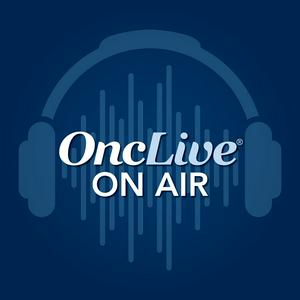Sem publicidade. Mais Prime.
Sem publicidade. Mais Prime.
Sem publicidade. Mais Prime.
Sem publicidade. Mais Prime.
O podcast começa em
- 0 seg.
S16 Ep19: Show Me the Data™: Incorporating the Latest Advances in Immunotherapy and EGFR-Targeted Treatments for Resectable Early-Stage NSCLC
S16 Ep18: Integrating Novel Targets and Translational Insights Into SCLC Practice: With Anne Chiang, MD, PhD
S16 Ep17: Breast Imaging Advances Emphasize the Importance of Patient-Focused Nuclear Medicine Collaboration: With Megan Kruse, MD; and Sophia O’Brien, MD
S16 Ep16: Cases and Conversations™: Navigating the New Immunotherapy Era in Squamous Cell Anal Carcinoma
S16 Ep15: Six-Year CheckMate 9LA Data Reinforce Durable Survival in Metastatic NSCLC: With David Carbone, MD, PhD



OncLive® On Air